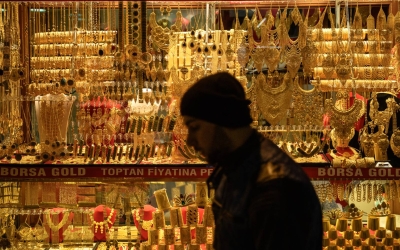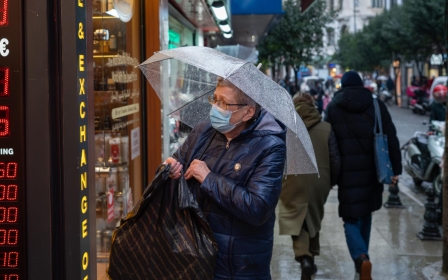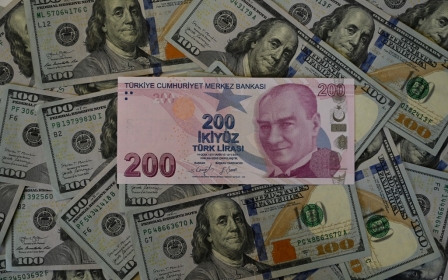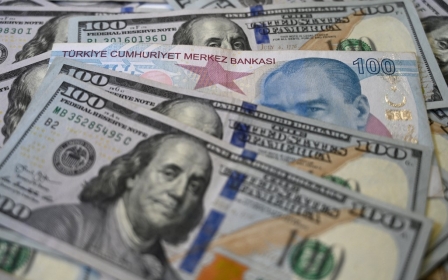Turkey: Erdogan to cut VAT tax on staple foods in latest bid to save the lira
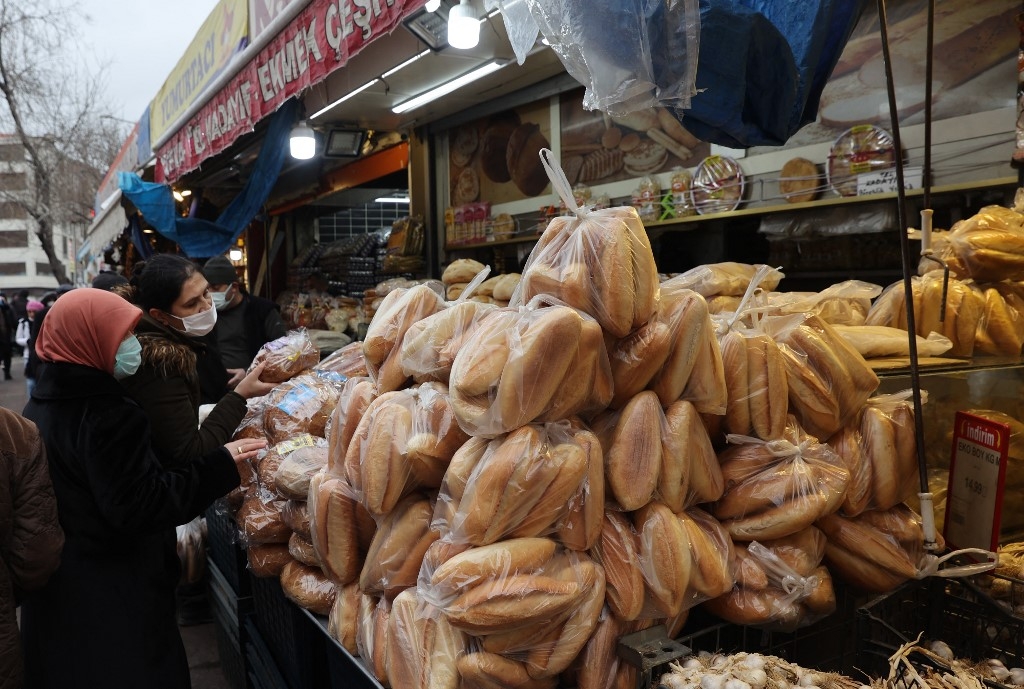
Turkey plans to slash value-added tax from 8 percent to 1 percent in its latest effort to bring down inflation, President Recep Tayyip Erdogan said.
Erdogan made the announcement on Saturday in a virtual appearance at a finance ministry press conference about new economic support packages. The initiative will take place in the coming days, as Erdogan called on companies to lower their prices to reflect the change starting Monday.
At the event, Finance Minister Nureddin Nebati said that a new task force will be charged with inspecting prices. Meanwhile, the government will also launch a mobile app to help citizens find the cheapest goods, Nebati said.
The lira has been broadly stable since the start of the year following a bruising 44 percent slump in 2021, when the central bank slashed its policy rate in line with an unorthodox policy driven by President Erdogan - despite soaring inflation.
The lira hit a record low of 18.4 to the US dollar in late December, but rebounded after state intervention and Erdogan's announcement of a scheme to boost lira deposits by protecting them against depreciation.
The volume of deposits under the lira protection scheme now exceeds 290bn lira ($21.4bn), according to government figures.
Nebati has also urged Turks to bring their "under-the-mattress" gold savings into the banking system, hoping to convert 10 percent of the gold held by Turkish households into the country's currency.
"This is equivalent to $250bn-$350bn. Some of this will support the central bank and meet the needs for foreign exchange," he said after meeting investors in London last week.
At the time, Nebati said that 30,000 gold shops would be involved in the cash-for-gold scheme, while five gold refineries would convert any gold jewellery obtained from Turks into gold bullion in order to add it to central bank reserves.
Middle East Eye delivers independent and unrivalled coverage and analysis of the Middle East, North Africa and beyond. To learn more about republishing this content and the associated fees, please fill out this form. More about MEE can be found here.


